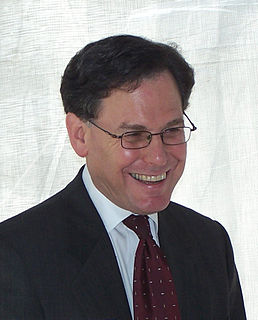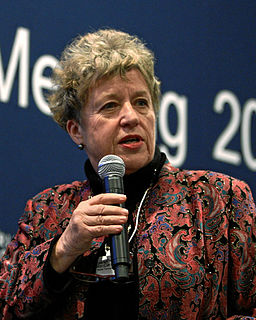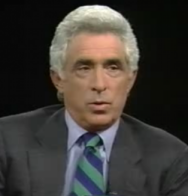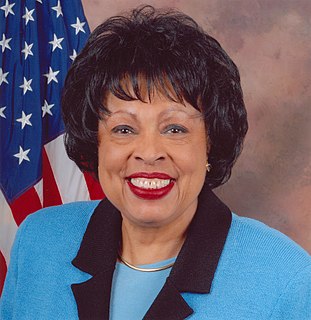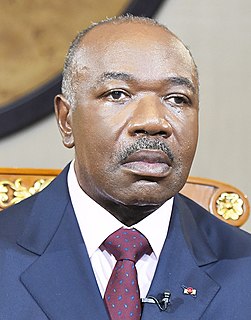A Quote by Giorgio Agamben
The thought of security bears within it an essential risk. A state which has security as its sole task and source of legitimacy is a fragile organism; it can always be provoked by terrorism to become more terroristic.
Related Quotes
We have a media that goes along with the government by parroting phrases intended to provoke a certain emotional response - for example, "national security." Everyone says "national security" to the point that we now must use the term "national security." But it is not national security that they're concerned with; it is state security. And that's a key distinction.
Human beings have a drive for security and safety, which is often what fuels the spiritual search. This very drive for security and safety is what causes so much misery and confusion. Freedom is a state of complete and absolute insecurity and not knowing. So, in seeking security and safety, you actually distance yourself from the freedom you want. There is no security in freedom, at least not in the sense that we normally think of security. This is, of course, why it is so free: there's nothing there to grab hold of.
Patrick Murphy's decision to support a deal that infuses the world's leading state sponsor of terrorism with $150 billion, confers international legitimacy on Iran's expansive nuclear program, and even allows Iran to inspect its own military sites demonstrates a lack of judgment and inexperience in matters of national security.
In a state-run society the government promises you security. But it's a false promise predicated on the idea that the opposite of security is risk. Nothing could be further from the truth. The opposite of security is insecurity, and the only way to overcome insecurity is to take risks. The gentle government that promises to hold your hand as you cross the street refuses to let go on the other side.
I am worried about this word, this notion - security. I see this word, hear this word, feel this word everywhere. Security check. Security watch. Security clearance. Why has all this focus on security made me feel so much more insecure? ... Why are we suddenly a nation and a people who strive for security above all else?
"Once there, always there", would give you less freedom than you recently enjoyed, but more security. Security not in the sense of safety from terrorists, burglars, or pickpockets... but security in the sense of knowing where you are, who you are, on what kind of future you can count, what will happen, whether you will preserve your position in society or whether you will be degraded and humiliated - this sort of security. This sort of security for many, many people - a rising number of people - looks at the moment more attractive than more freedom.


